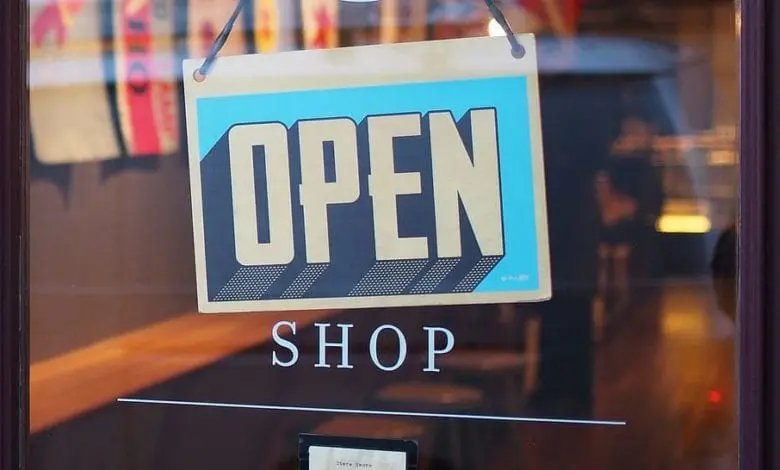Are we beginning to re-open anyway?

The PM says he will soon announce the reopening plan after weeks of compulsory lockdown for the UKs public and its businesses. Boris Johnson is under pressure to come up with the blueprint for restarting the economy as the list of suffering firms grows larger and more and more redundancies and bankruptcies come to light each day.

